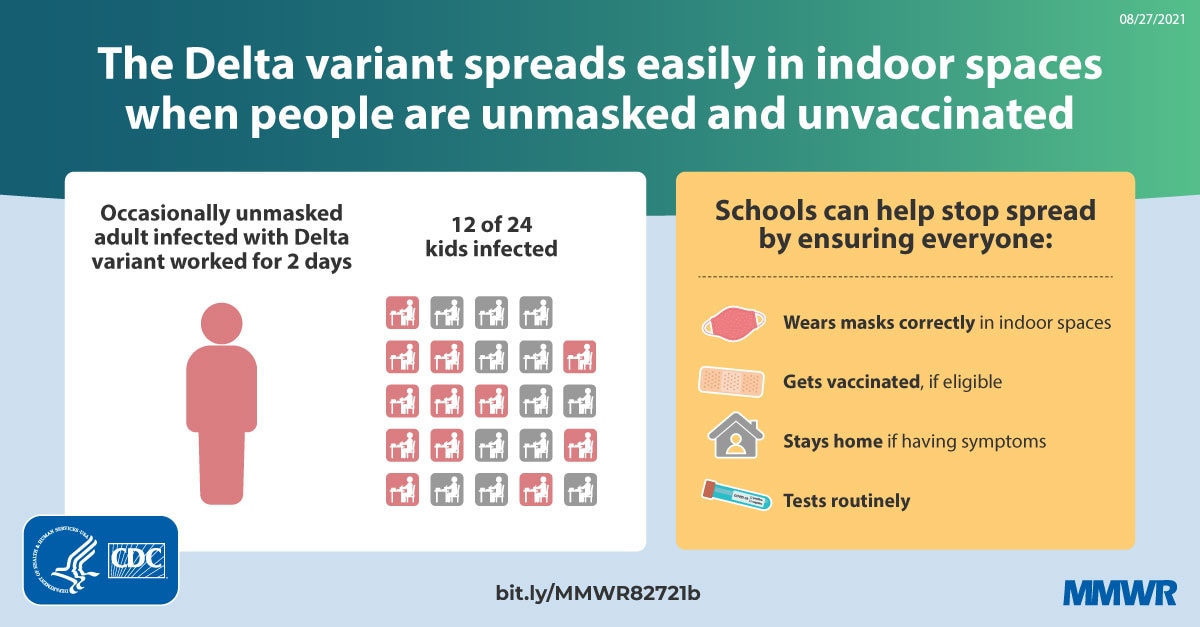Effective for what? I only read the Abstract, which is what I normally do.
That's the article my immunologist ski buddy had sent me recently. I noticed the UK researchers who wrote the report are funding the effort using GoFundMe. Hmmm . . .
My take away is this sentence: "Low-certainty evidence found that ivermectin prophylaxis reduced COVID-19 infection by an average 86% (95% confidence interval 79%–91%)." Note the clear statement of "low-certainly evidence."
Given that a doctor has to prescribe ivermectin, not much risk for people who don't mind taking low-dose medication for an "off-label" purpose. Personally I don't like the list of minor side effects. I'm happy enough having had shots of an mRNA vaccine that's gone through FDA review. Combined with sensible public health precautions, I don't see the need to take a drug. YMMV
Using a drug off-label happens all the time after a drug has been on the market for a while.
Ivermectin has been around since the 1980s.
Sounds like when it comes to treatment for someone who already has symptoms for COVID-19, in particular to avoid serious symptoms, it's less clear whether Ivermectin can help or not. There is only so much that can be learned from a meta-analysis.
FDA and other regulatory agencies require clinical trials when a company wants to add to the list of approved indications for a drug. I worked on a project for several years for a new indication for a drug that had been on the market for decades. As I remember the Phase 3 studies didn't show any effectiveness for the new indication of interest. One reason Quintiles did well as a company is that a CRO makes money as long as the client company pays for services. Meaning it doesn't matter if a drug doesn't actually turn out to be effective when the Phase 3 analysis is done. Of course, success would have led to more business to put together the NDA safety databases and summary statistics.






